Who are the new teams?
The Port Elizabeth-based Southern Kings and Bloemfontein’s Toyota Cheetahs are the two sides added to the new look Guinness Pro14.
The Southern Kings first came into existence in 2009 for the British & Irish Lions tour of South Africa, memorably pushing Ian McGeechan’s team in a 20-8 defeat and got their first taste of Super Rugby in 2013.
After two years away from the competition, they returned for the 2016 and 2017 seasons, winning six games in the South African Conference in 2017.
The Cheetahs are traditionally one of the powerhouses of South African rugby, but have struggled in recent years, with sparse crowds often seen at the 48,000-seater Free State Stadium.
They boast a number of Springboks in their ranks, including flanker Oupa Mohoje, and they are known to try to play an expansive game, boasting the most offloads in Super Rugby in 2017.
They finished sixth last season in the South African Conference with just four wins in 15 outings.
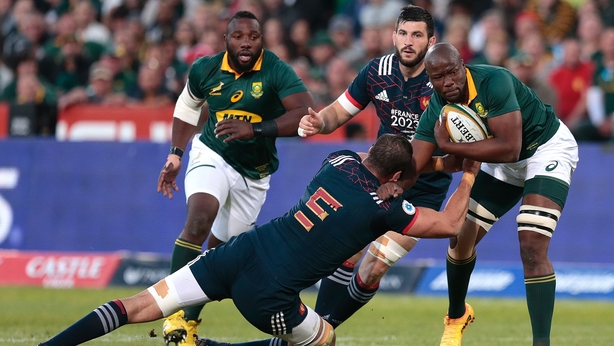
Why are they in the competition?
With South African sides struggling in Super Rugby, it had been long mooted that there would be a cull to the six sides representing the country in the competition, with the Cheetahs and the Kings ultimately the ones to lose out.
"Both resisted the call for their expulsion initially," Rob Howing, chief sports writer at Sport24 in South Africa, told RTÉ Sport.
"When it became clear that they would have the opportunity to play in the Pro14, ie at a level similar to Super Rugby and higher than the Currie Cup, they began to accept their Super Rugby fate.
"South Africa Rugby is relatively happy as they got to keep all six franchises, albeit in two different competitions.
"The Cheetahs have battled to get crowds in Bloemfontein over the years.
"The Kings, however, have drawn some good crowds at times. Hopefully that will continue in the Pro14, although local fans may be unfamiliar with some of the teams from the north."
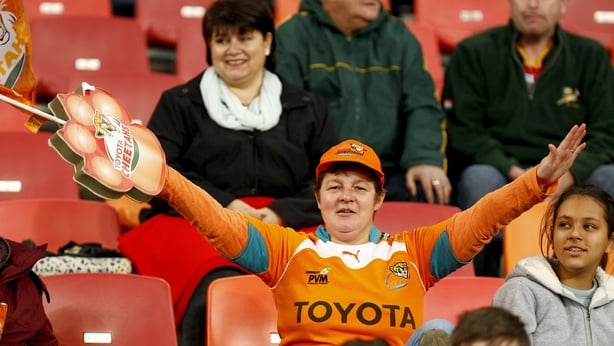
What is the feeling in South African rugby to the move?
It seems the general consensus is that something had to give from a South African perspective.
"Super Rugby has become too 'samey' from one season to another and there is healthy curiosity about how some South African sides – call it a toe in the water – might fare in different climes and times of season against northern hemisphere outfits," Howing added.
The removal of the Kings, in particular, raised some eyebrows in a social context also.
"Many still question the decision to cull the Kings, considering the Eastern Cape is the hotbed of black African talent and thus crucial to South African Rugby’s long-term transformation goals," said Jon Cardinelli of South Africa Rugby magazine,
Stinging criticism in some quarters has been somewhat inevitable. Shortly after the announcement, James Green, writing in The South African, couldn’t see any logical reason for the move.
"Why the hell is South Africa Rugby allowing the jettisoned teams to go and frolic in the northern hemisphere, in adverse conditions, potentially travelling more often, away from SA for longer and at conflicting times to our season?" he opined.
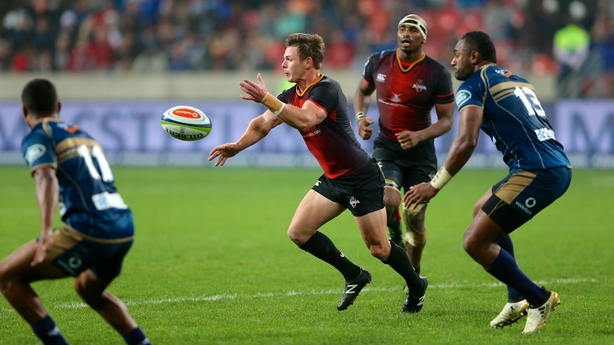
How has the move been met by supporters?
Not surprisingly, the reaction has been mixed.
It has ranged from the positive – novelty games, a new season, more global experience – to the negative, such as additional costs for fans, and a possible lack of identity with the four other South African sides in a different competition. There is a large cohort somewhere in the middle, which will evaluate the situation as the season unfolds.
"Relief" is a word used by Neil Besseker, sports editor at AlgoaFM, based in Bloemfontein.
"There will be some novelty value as well to hosting rugby matches at the height of the normally dormant summer."
The fact that it gives both teams more column inches during the normally close season should not be underestimated either.
"The two are getting priceless, unusual levels of visibility and exposure at a time when the other franchises are in their off-season," Bessker added.
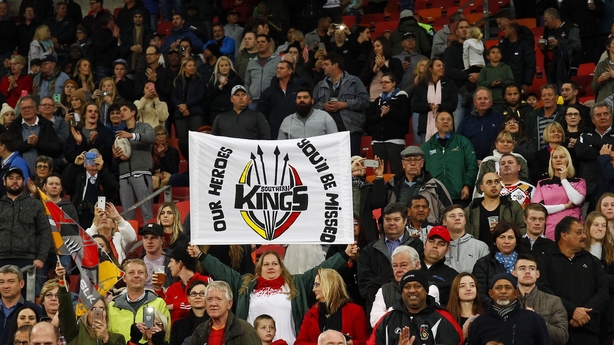
Does the move make financial sense?
That is what the two clubs and South Africa Rugby are certainly hoping for.
"Fans will warm to the Pro14 if the Kings can become competitive."
Without top-level competition, both would struggle to exist and the Pro14 should boost the coffers of sides who failed to attract major gates last season. A run of positive results could also have a significant impact, as Rob Howing explains.
"When the Kings produced an inspired run last season, their attendances rose simultaneously. Fans will warm to the Pro14 if the Kings can become competitive."
South Africa Rugby has committed to underwriting both sides in the venture, which should alleviate further financial pressure.
How will the sides fare in the Pro14?
Expectations surrounding the Kings are rather low.
They have lost a number of players following the Super Rugby campaign and coach Deon Davids has said he is starting from scratch with some recent signings and other additional players added to the squad on trial.
The Cheetahs, on the other hand, have managed to retain most of their key players, with some Kings players joining their ranks since the close of the season, including top try-scorer Makazole Mapimpi.
Their involvement in the Currie Cup, however, will stretch their resources as the season unfolds.
View from within the camps
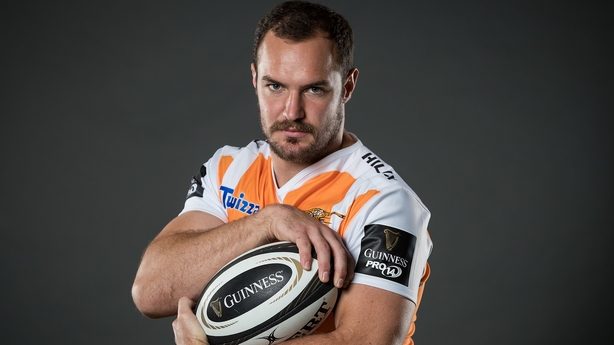
Niell Jordaan, Toyota Cheetahs captain
"I think the worst thing for the Bloemfontein boys is coming to the north and playing in the winter because I hear the winter is quite bad here. The cold is something we are not used to, so that is going to be an interesting factor to take in.
"But we are excited. If it's hardcore rainy or dry we are just going to enjoy the moment and push ourselves to produce good running rugby and be very competitive."
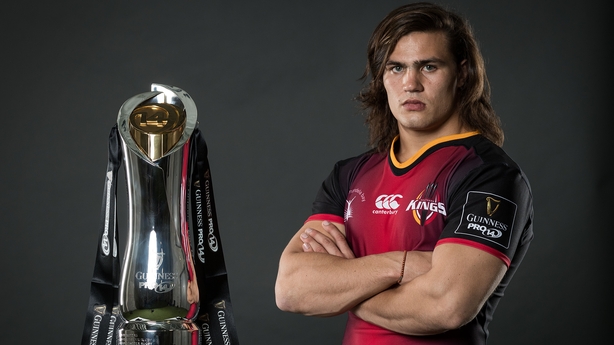
CJ Velleman, Southern Kings captain
"We have a whole new bunch of young, excited players who want to expand their own game. We knew we were leaving Super Rugby and there was a bit of anxiety when our futures were at stake, but it has turned out good.
"We started our preparations a bit late, so we haven’t done much analysis of the teams. We have our own brand of rugby that we enjoy playing and we don’t change it much for anyone.
"We obviously want to win as many games as we possibly can. The first year is going to be a learning curve and preparation for the next season. It’s new for the players, coaches and fans, we don’t want to force anything."


